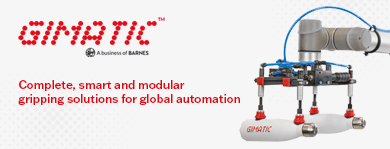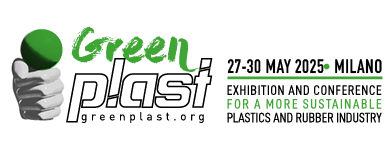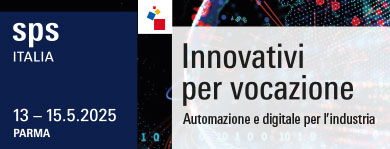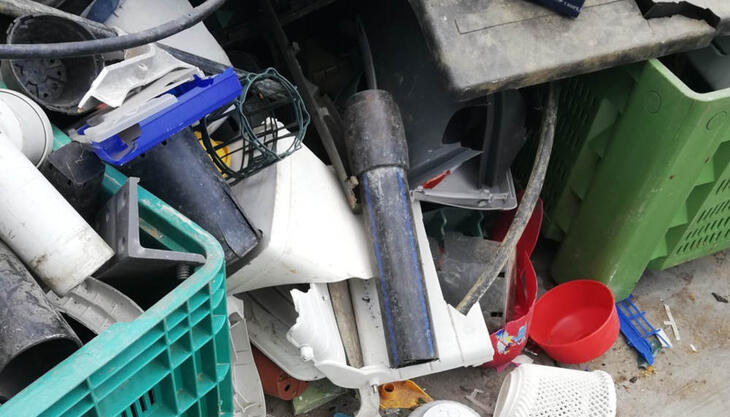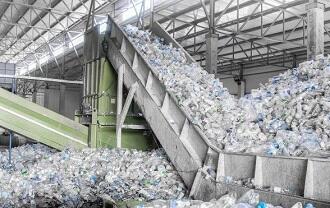
On December 11, the European Commission launches an alliance of key industry stakeholders covering the full plastics value chain as part of its persisting efforts to reduce plastics littering, increase the share of recycled plastics and stimulate market innovation.
Against the backdrop of the Commission's efforts to help accelerate Europe's transition towards a circular economy, the Circular Plastics Alliance will aim to improve the economics and quality of plastics recycling in Europe. The Alliance will in particular strengthen the match between supply and demand for recycled plastics which is identified as the main obstacle to a well-functioning EU market of recycled plastics. With this new initiative, the Commission wants to contribute to the objective of achieving at least 10 million tons of recycled plastics into new products on the EU market by 2025 as set in the European Strategy for Plastics.
First Vice-President Frans Timmermans (picture below), responsible for sustainable development, said: “Close cooperation within and between all the links in the plastics value chain is essential if we are to achieve a true circular plastics economy and ensure that recycled plastics find their way to new products, instead of into landfills or the incinerators. The Circular Plastics Alliance aims to facilitate this cooperation, building on the commitments the plastics industry has already made and encouraging even more ambitious action. Europe already leads this, and Europe will be the first one to reap the benefits as well. This is the best way to show the world that circular plastic economy is good for the business and good for the environment".
The Circular Plastics Alliance will be a high-level, multi-stakeholder platform gathering key industry stakeholders covering the full plastics value chain - from waste collectors to recyclers and primary producers to converters, brand owners and retailers -including in particular packaging, construction and automotive sectors.
The Alliance will pursue three main operational objectives:
- Fostering short-term, voluntary and coordinated actions and investments by key industry stakeholders. There actions and investments may cover separate collection of plastic waste; harmonised reporting on collection and recycling rates and volumes; investments in sorting and recycling facilities; voluntary standards on the 'design for recycling' of plastic products and others. Improving the economics and quality of plastics recycling in Europe would contribute to the achievement of the 10 million tons target by 2025. Public authorities across Europe should also play an active role in that.
- Reporting on the obstacles which may hamper stakeholders' efforts to fully deliver on their pledges and to reach the target set for 2025. Some of those already identified include lack of infrastructure, insufficient access to finance and standardisation gaps.
- Monitoring progress made towards more plastics recycling and more uptake of recycled plastics in Europe. The monitoring should help identify the gaps in the supply and demand for different recycled plastics. In parallel, new voluntary commitments will be encouraged.
 The
Commission will invite key industry stakeholders to join the Alliance, in
particular from those sectors, which account for most demand for plastics in
Europe such as the packaging, construction and automotive industries. Other
sectors will be approached as well for their contribution in order to address
the full plastics value chain. The first meeting of the Circular Plastics
Alliance will be organised IP/18/6728 as part of the EU Industry Days on February
5, 2019. A series of operational meetings on the key topics identified by the
Alliance at their first meeting will take between March and May 2019.
The
Commission will invite key industry stakeholders to join the Alliance, in
particular from those sectors, which account for most demand for plastics in
Europe such as the packaging, construction and automotive industries. Other
sectors will be approached as well for their contribution in order to address
the full plastics value chain. The first meeting of the Circular Plastics
Alliance will be organised IP/18/6728 as part of the EU Industry Days on February
5, 2019. A series of operational meetings on the key topics identified by the
Alliance at their first meeting will take between March and May 2019.




